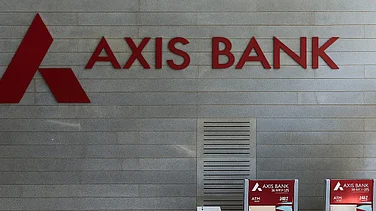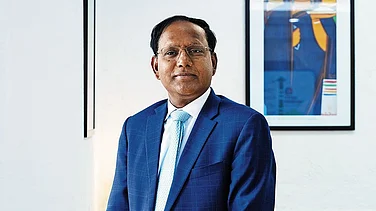India can emerge as a net exporter of sustainable aviation fuel (SAF) and play a significant role in global green and clean aviation. Speaking at the CII Annual Business Summit 2025 in New Delhi, President of Boeing India and South Asia, Salil Gupte, highlighted that the availability of abundant feedstock like agricultural residue in India can be used for SAF production and help in the reduction of carbon emissions from the aviation sector, the Business Standard reported.
“This means that India can actually provide over 5% of the world’s SAF requirements...India can be an exporter of SAF. This creates an opportunity. This means India can help decarbonise the civil aviation industry,” said President of Boeing India and South Asia, Salil Gupte, according to BS.
SAF annual production must reach 185 million tonnes to meet the global net-zero aviation target by 2050. India, with its various kinds of feedstock, including used cooking oil and farm waste, has the potential of producing 8-10 million tonnes annually, he added.
This comes months after Airbus CEO Guillaume Faury mentioned that the aviation industry is likely to miss its carbon emissions target by 2050. Although the aircraft is working on building aircraft that is hydrogen-powered but presently it’s commercially impossible to produce them at scale. This makes SAF a more viable option for a net-zero target.
“I don’t think we are wrong to pursue net zero by 2050...Maybe it’s going to take a bit more time, but let’s not be shy in the ambition,” Airbus CEO had said, according to Bloomberg. To mitigate the emissions, he suggested the use of sustainable aviation fuels (SAFs) as an interim solution.




























